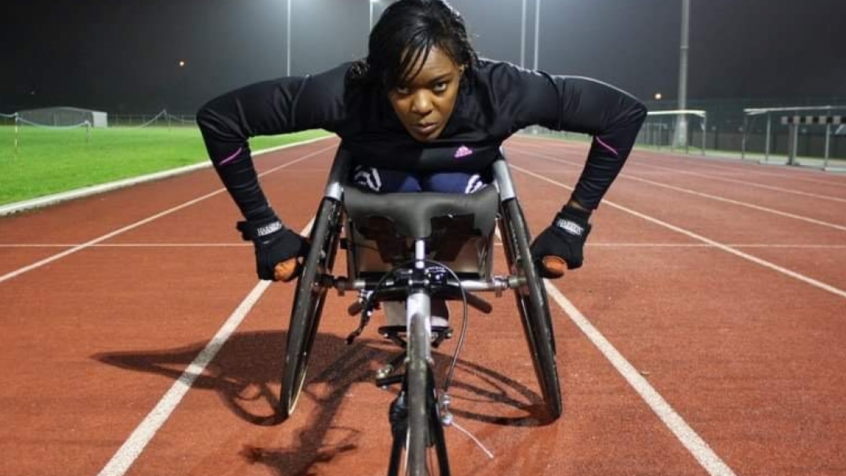Oslo, 18 February 2022 (TDI): António Guterres, the Secretary-General of the United Nations, opened the Global Disability Summit by promoting inclusiveness.
On Wednesday, UN Secretary-General António Guterres kicked off the Global Disability Summit in Oslo, urging all countries to do more to put people with disabilities “front and center” of their post-COVID recovery efforts.
During #COVID19, many people with #disabilities have been denied their basic human rights.
The Global Disability Summit is our chance to take action!
Join the conversation to see how you can #CommitToChange: https://t.co/j9Rc5Cl23B#StandUp4HumanRights #GDS2022 pic.twitter.com/oMSL3WrI76
— UNFPA (@UNFPA) February 16, 2022
The UN Secretary-General made this point in his opening remarks to the summit, which was held by the Governments of Norway and Ghana. People with disabilities are routinely the poorest and most disadvantaged in society, he said.
People with disabilities die at a much higher rate than the rest of us because of “chronic barriers in health systems.”According to Guterres, people with disabilities were among the first victims of “financial strangulation” in emerging countries.
Learning Disabilities

Guterres said that because schools had to be closed because of the coronavirus, many children with disabilities were left without computers and other aids for learning, making it impossible for them to learn from home.
The United Nations Children’s Fund, UNICEF, estimates that there are 240 million handicapped children globally. According to the group, half of the children have never attended school, and up to one-third do not consume enough nutritious food to grow and thrive.
UNICEF says that kids with disabilities should be able to get health care, attend school, get help in times of disasters, and live with their families and friends.

More money, according to the organization, should be invested in technology and equipment to aid vulnerable children with particular needs in attending school, working, and participating in society.
Ex-UNICEF Executive Director, Henrietta Fore says that assistive technology, like wheelchairs, prostheses, hearing aids, and glasses, helps people with disabilities get over obstacles and show off what they can do, not what they can’t.
Disabled workers, already disadvantaged and excluded, are typically the first to lose their jobs and the last to be rehired, the UN Secretary-General observed. To address these and other challenges, Guterres urged decisive action to improve the rights of people with disabilities in every corner of the world and in every aspect of life.
He asserted that everyone, everywhere, should be able to attend school, receive health care, raise a family, find good work, and fully engage in all aspects of economic, social, cultural, and political life.
A few weeks later, she started lobbying for “much higher investments in disability inclusion, to promote accessible settings and opportunities everywhere.
“This would allow for “much more investments in disability inclusion so that accessible settings and opportunities can be found and used everywhere.”
Sexual violence threats
Since there has been a pandemic, women with disabilities are more likely to be sexually assaulted, says the UN Population Fund (UNFPA). This is in line with the Secretary-General’s statement that women and girls with disabilities, who already face double discrimination, are now at even greater risk because of the pandemic.
A recent study found that one in five women with a disability had never used a sexual and reproductive health service. This is what the United Nations agency for sexual and reproductive health said about young women and girls with disabilities.
The UN Population Fund (UNFPA) has launched a poster campaign in Oslo subway stations and online to call for action in support of disabled people’s rights in this area.
This is the second Global Disability Summit, which will be held on February 16–17, 2019 in Oslo, Norway. It’s a group effort to speed up the implementation of the United Nations Convention on the Rights of Persons with Disabilities (CRPD), as well as the “Leave No One Behind” principle, and to rebuild better and more inclusively.





